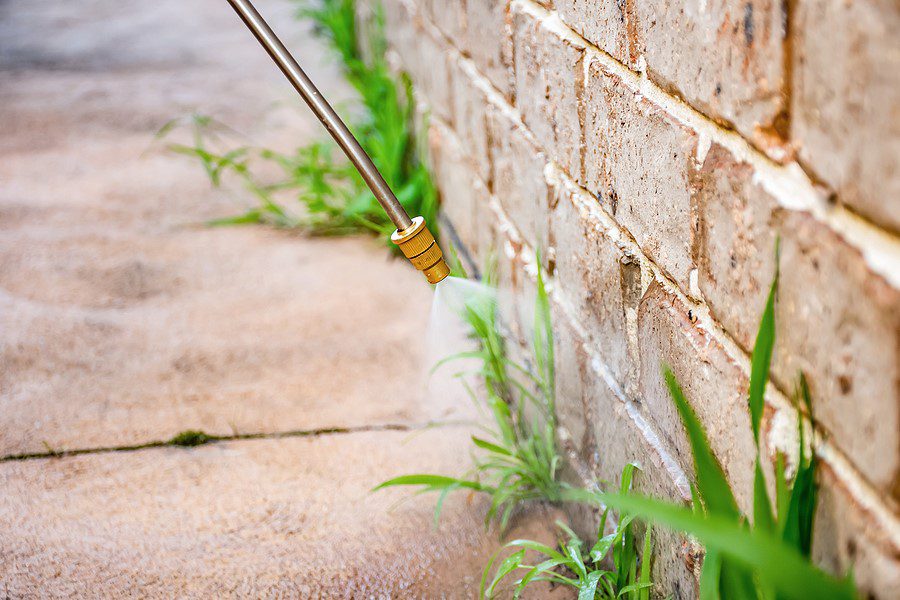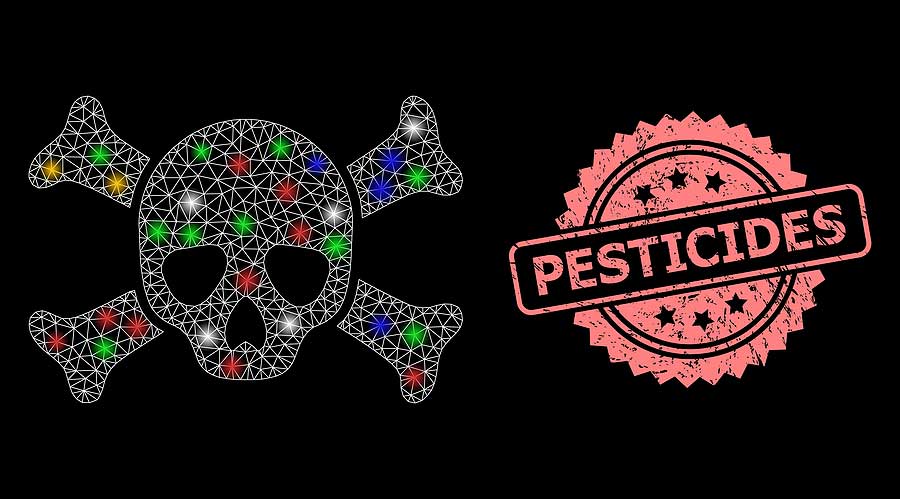Roundup is a popular herbicide that has been used by farmers and gardeners for decades to control weeds. However, in recent years, there has been an increasing concern about the potential health risks associated with Roundup’s active ingredient, glyphosate. In particular, there has been a growing body of evidence linking glyphosate exposure to an increased risk of cancer. As a result, numerous lawsuits have been filed against Roundup’s manufacturer, Monsanto, alleging that the company failed to warn consumers of the risks associated with glyphosate.
RoundUp Cancer Link
Glyphosate is a broad-spectrum herbicide that works by inhibiting an enzyme that plants need to grow. It was first introduced by Monsanto in the 1970s under the trade name Roundup. Since then, it has become one of the most widely used herbicides in the world, with over 250 million pounds of glyphosate used annually in the United States alone.
However, concerns about the potential health risks associated with glyphosate have been mounting for years. In 2015, the International Agency for Research on Cancer (IARC), a division of the World Health Organization, classified glyphosate as a “probable human carcinogen.” This classification was based on a review of the available scientific evidence, which included studies that found an increased risk of non-Hodgkin’s lymphoma (NHL) among individuals with high levels of glyphosate exposure.
RoundUp Cancer Verdict Reward
Since then, several studies have confirmed the link between glyphosate exposure and an increased risk of cancer. In 2018, a jury in California awarded $289 million to a groundskeeper who developed NHL after using Roundup on the job for several years. The jury found that Monsanto had failed to warn consumers of the risks associated with glyphosate and that the company had acted with malice or oppression.
Why should you file a lawsuit against RoundUp?
Since that verdict, thousands of additional lawsuits have been filed against Monsanto by individuals who claim that their exposure to Roundup caused them to develop cancer. In some cases, juries have awarded plaintiffs tens of millions of dollars in damages.
Monsanto, which was acquired by Bayer in 2018, has vigorously defended Roundup and has maintained that glyphosate is safe when used as directed. The company has pointed to numerous studies, including those conducted by the Environmental Protection Agency (EPA), which have found no link between glyphosate exposure and an increased risk of cancer.
However, critics of glyphosate have argued that many of these studies were funded by the chemical industry and that they have downplayed the potential health risks associated with glyphosate. In addition, some have raised concerns about the EPA’s regulatory process, which they argue is heavily influenced by the chemical industry.
Despite these controversies, the use of glyphosate continues to be widespread. In 2021, the EPA reaffirmed its position that glyphosate is safe when used as directed, and the herbicide remains one of the most commonly used in the United States.
Filing a RoundUp Lawsuit with Shamis Gentile
So what does all of this mean for consumers? If you have used Roundup in the past and are concerned about the potential health risks associated with glyphosate exposure, you may be eligible to file a lawsuit against Monsanto/Bayer. However, it’s important to note that these lawsuits can be complex and can take years to resolve.
Shamis & Gentile, P.A. RoundUp Attorneys
To have the best chance of success, it’s important to work with an experienced attorney like Shamis & Gentile, P.A. who has a deep understanding of the science behind glyphosate and its potential health risks. Your attorney will also need to be able to navigate the legal complexities of these lawsuits, which can involve multiple plaintiffs and defendants, and may require extensive discovery and expert testimony.



